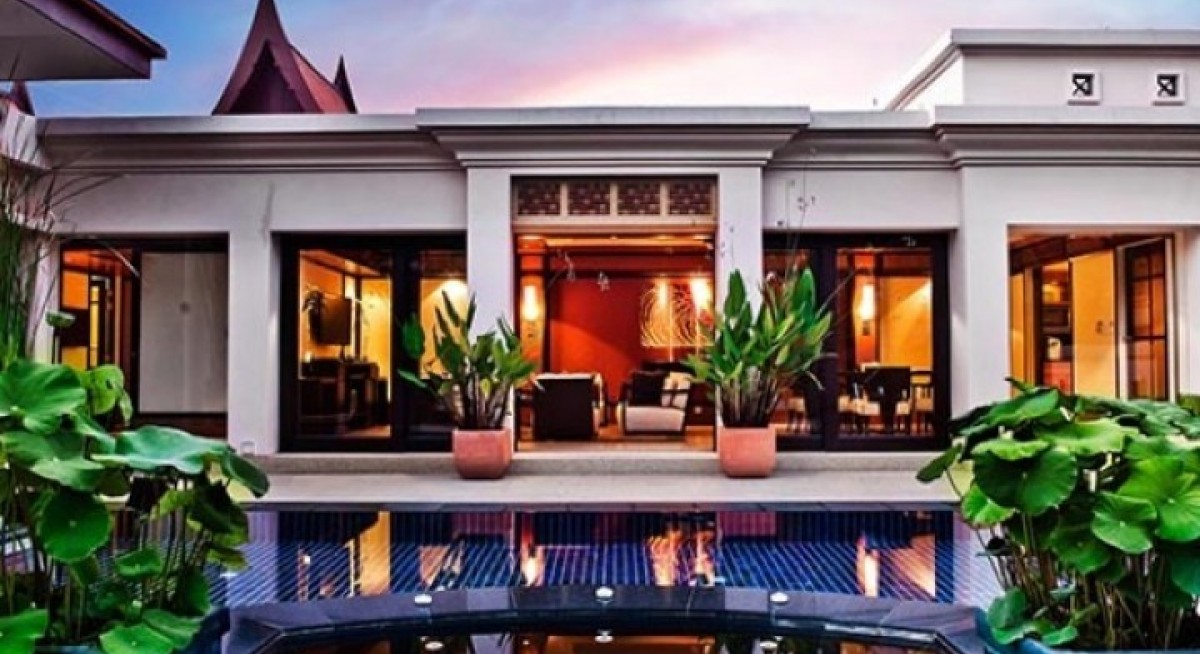Banyan’s transformation story is not just about its rapid expansion; it is a shift in capital efficiency and brand leverage that is already showing up in the numbers.
In FY2024 ended December, Banyan Group posted earnings of $42.1 million, up 33% y-o-y, while revenue rose 16% to $380.6 million. This growth was led by all three core segments: hotel investments, fee-based operations and branded residences.
The group says that overall profit after tax grew mainly due to shareholders associates’ profit compared to share of losses, lower net finance costs and lower income tax expense, partially offset by higher depreciation and amortisation expenses.
The group says that these achievements are bolstered by its $328.8 million in residences sales and 18 new agreements signed in FY2024. As of Dec 31, 2024, Banyan Group operates 91 hotels and resorts worldwide, with 17 new openings in FY2024.
See also: Value-up actions poised to continue
Over the past 10 years, the group has seen its fair share of poor results; for example, in 2015 and 2016 and again during the Covid-19 pandemic, when it was in the red as the global tourism industry came to an abrupt halt.
The turning point came in 2023, when Banyan Group formally announced its shift towards a more asset-light model. This move allowed the group to scale rapidly through hotel management agreements rather than capital-intensive ownership — a model closer to global peers like Accor, Marriott and IHG.
Still, Banyan retains select high-value legacy assets, notably its Laguna Phuket integrated resort, where it owns extensive land and hospitality infrastructure. “There is still about US$4 billion ($5.1 billion) to US$5 billion in value to unlock in Laguna over the next one to two decades,” says CEO Eddie See in a previous interview with The Edge Singapore in October 2024. The 4 sq km township houses six hotels, residential projects, a golf course, schools and medical facilities. It also supports over 50,000 jobs in the area.
See also: Ever Glory eyes more acquisitions and overseas markets after Mainboard debut, says CEO Xu
Laguna Phuket is Asia’s first integrated resort with about six world-class hotels — including Banyan Tree — several residential developments, one of Phuket’s busiest golf courses and more. It is an expanded township with over 50,000 people depending on Laguna Phuket for income. As its owner, Banyan Group is now Phuket’s largest private landowner and hospitality developer.
“To date, the invested value amounts to around US$2 billion in the region, and we believe we are the largest private developer in Phuket. By the end of this decade, the invested value across hotels and residences are expected to exceed US$7 billion,” says See, adding that the group works closely with the Phuket government and has a longstanding relationship with local authorities on multiple fronts, ensuring that the development aligns with regional economic and sustainability goals.
While Phuket remains a strong focus, the group has set its sights on other regions, such as China, Europe and Africa.
This year marks the group’s 20th year in China with five new openings and new signings in Guangzhou, Xiamen and Wenling. In Europe, the sales launch of Banyan Tree Padilla Madrid Residences marks its first residential development in the continent, while Banyan Tree Beach Residences Oceanus launched in Laguna Phuket, offering 16 exclusive beachfront homes. The group is also set to deepen its presence in Africa with the upcoming launch of its first safari resort. This is slated to open in late 2025.
Read about the full slate of five stocks to watch:
- MAS picks Avanda, Fullerton, JP Morgan for $1.1 bil placement; The Edge Singapore picks five stocks to watch
- Can Old Chang Kee be a yummy staple among investors?
- GuocoLand’s Grade A buildings a bulwark for revenue, earnings and valuation
- Centurion breaks above $1 bil market cap milestone, with more to come
- MoneyMax reaches all-time high as gold rally and loan growth spark investor interest




